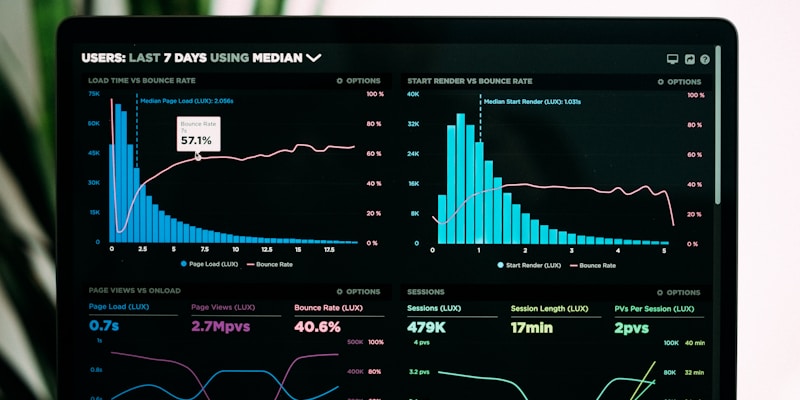Arc Browser Was Already Dead When Atlassian Bought It
Here's the timeline that makes this acquisition even weirder than it first appeared: The Browser Company stopped Arc development in May 2025, announcing they were pivoting to build Dia, their new "AI-native browser."
So when Atlassian dropped $610 million on September 4th, they were essentially buying a zombie browser and a half-finished AI experiment. That's either the worst tech investment since WeWork, or the most expensive talent acquisition in browser history.
The May Pivot That Nobody Saw Coming
Josh Miller's announcement in their company newsletter was brutal in its honesty: after two years of trying to make Arc work as a business, they were giving up. Not because the product was bad - Arc had passionate users who loved it - but because they couldn't figure out how to make money from it.
The Browser Company had raised around $70 million in funding and Arc was getting decent traction among power users. But "decent traction" doesn't pay the bills when you're competing against Chrome (free because Google makes money from ads) and Safari (free because Apple uses it to sell hardware).
So they made the classic startup move: pivot to AI. Because if there's one thing VCs love more than browsers in 2025, it's browsers with "artificial intelligence" in the pitch deck.
From Arc to Dia: The AI Hail Mary
Instead of continuing Arc development, the team went all-in on Dia - a browser that supposedly understands your work context and can automate tasks. Think of it as Arc's productivity features on AI steroids.
The problem is Dia barely existed when Atlassian came knocking. Early previews showed some interesting concepts, but it was nowhere near a shippable product. Atlassian basically bought a promising demo and a team that had just admitted their previous product couldn't make money.
Why Atlassian Bought a "Dead" Product
This is where it gets interesting. Atlassian didn't buy The Browser Company for Arc - they bought them for what Arc could become within Atlassian's ecosystem.
Arc's workspace organization, tab management, and productivity features make perfect sense when you think about them as part of Jira, Confluence, and Trello workflows. Instead of jumping between browser tabs and Atlassian products, imagine if your browser natively understood your project context.
The AI angle with Dia is just icing on the cake. Atlassian gets to say they acquired an "AI browser company" while actually buying some really smart people who understand productivity workflows better than most enterprise software teams.
The Expensive Lesson About Product-Market Fit
The Browser Company's Arc journey is a masterclass in why product-market fit isn't just about building something people love - it's about building something people will pay for.
Arc users were passionate, engaged, and vocal about their love for the product. They created communities, wrote detailed reviews, converted their friends. But none of them were willing to pay $10/month for the privilege, because Chrome and Safari work fine and cost nothing.
The Browser Company tried everything: enterprise features, team accounts, even considering a freemium model. Nothing worked because the fundamental economics of browsers are broken unless you're Google, Apple, or Microsoft.
The Acqui-Hire Math
$610 million for maybe 50 employees works out to about $12 million per person. That's insane even by Silicon Valley standards, unless you factor in that Atlassian also gets:
- Proven browser technology that actually works
- A team that understands productivity software deeply
- IP around workspace management and AI integration
- A partially built "AI browser" they can finish
Suddenly the math starts making sense. Atlassian didn't buy a failing browser company - they bought a productivity software team that happens to build browsers.
What This Means for the Browser Wars
The real story isn't that Arc development stopped - it's that indie browsers are basically impossible to sustain. The Browser Company raised $70 million, built a genuinely innovative product, and still couldn't make it work as a business.
If you can't make money with passionate users and innovative features, what hope do other browser startups have? The only path forward seems to be getting acquired by someone who can use your technology as part of a larger strategy.
Which explains why Atlassian paid $610 million for a "dead" browser. They're not buying Arc - they're buying the future of how their enterprise customers will interact with productivity software.
And they got a hell of a team to build it.


